Fever pitch: football versus the culture wars

Going to a football match in the middle of a pandemic feels like undergoing an endurance test for a reality TV show. A prematch message instructs me to arrive at Hampden Park in Glasgow at 11am — three hours before Scotland kick off against the Czech Republic.
I must wear a mask at all times; no bags are allowed that are larger than a piece of A4 paper (why?); I must decant all food from my micro bag into a plastic bag provided by the stadium (why?). But I really better bring some food because I will be in the stadium for five hours — and all the catering outlets will be shut. So no rancid burgers or cartons of flat Pepsi to keep me going.
When I obediently turn up to the stadium three hours early, the crowds are predictably sparse. The pubs outside the ground, overflowing with supporters wrapped in Scotland flags, look like a tempting alternative. But when I suggest to a steward that I might go and get a drink ahead of the game, a look of concern crosses her kindly face. “Be careful which pubs you go into,” she says. “They’ll see you coming.” What is she referring to? Could it be the Daunt’s book bag (A4 size) that I am clutching?
I have given my spare ticket to a real Scot, my friend Alasdair. But he is from Edinburgh, so also not 100 per cent at home in Glasgow. We decide to take the advice and skip the pub. Inside the stadium we encounter a fan in the loudest tartan suit I have ever seen, including a tiny tartan clutch bag. I pose for a photo with him and he tells me: “I had it tailor-made, son, it fits me like a glove.”
It is not just Covid regulations that make this a unique and peculiar European football tournament. Euro 2020 (as Uefa still insist on calling it) has also become sucked into the culture wars. National football teams are symbols of the nation. But that is not a straightforward task at a time when national identity is so fiercely contested. For Scotland, the pressing issue is independence. For England, it is race.
The English football team has decided to “take the knee” before matches, as a protest against racism. But each time they do it, they are booed by a significant section of their own supporters. Even the government seems uncertain about how to respond.
After hesitating for a while, Boris Johnson, the prime minister, condemned the booing and urged fans to get behind the team. But two members of his cabinet, Jacob Rees-Mogg and Priti Patel, have defended the protests — with Rees-Mogg suggesting that the protesters are not expressing racism but condemning the “Marxist” politics of the Black Lives Matter movement. Patel, Britain’s home secretary, has accused the players of indulging in “gesture politics”.

Players from the England team, whose pre-game press conferences are normally confined to discussing tactics, injuries and the atmosphere inside the camp (“we’re buzzing”), are now being asked to react to comments from the home secretary.
It would be natural to assume that cabinet ministers are better at politics than footballers. But the Johnson government has reason to be wary of clashing with the England team. Last year, it went down to an ignominious defeat, when it took on Marcus Rashford over the extension of free school meals for poor families. The Manchester United and England forward mobilised a million signatures behind a petition — and forced the Johnson government to change tack. The 23-year-old Rashford’s preparations for Euro 2020 included a Zoom call with Barack Obama. While plenty of Tories are prepared to grumble about the “woke” Rashford in private, none are willing to take him on in public.
The culture wars over football are not just happening in Britain. When the multiracial Belgian team took the knee in Russia ahead of their opening game in the tournament, they were also booed by the crowd. (Doubtless, the Russians were also protesting against Marxism.) Viktor Orban, prime minister of Hungary, one of the host nations for Euro 2020, has defended fans who boo visiting teams that take the knee, saying that Hungarians see the gesture as a “provocation”.

Orban is himself a rightwing provocateur who has become a hero to the Trumpist right in America by issuing frequent warnings about the alleged dangers of Europe being flooded by Muslims. But even some moderate conservatives are uncomfortable about footballers “taking the knee”. One prominent Tory thinker in Britain laments to me that football used to be an apolitical space — but now the national team has become a source of division.
I can see what he means. This year’s tournament inevitably brings back memories of Euro 96 — when England also played their games at Wembley and the whole country did seem to get behind the team in an uncomplicated sort of way. Back then, packed stadiums all joined in the singing of “Three Lions (Football’s Coming Home)”. Now the stadiums are largely empty and some of the home crowd are actually booing the players.

But, as somebody who has been to many England games over the years, I know that the idea that the team was never mixed up with politics or race is an illusion. England games have always attracted a substantial number of assorted hooligans and “far right” supporters, whose trademark chant is “No surrender to the IRA”.
At the last European football championships in France in 2016, the ugly tradition of English football hooliganism re-emerged. When I remarked to another fan that I hadn’t particularly enjoyed being caught up in a near riot outside a bar in Marseilles, I was told curtly: “If you don’t like it, you should stay at home and watch the game on television.”
Football grounds in the 1970s were also where I saw the most overt racism that I’ve ever witnessed in Britain. It was routine to see black players barracked by boos and monkey noises. The football authorities and commentators were silent about this for many years.
So if the current national side feel they want to make a statement about racism, it is hard to accuse them of bringing politics into an apolitical space. The politics — particularly the racial politics — have always been there.
The identity issues are rather different for Scotland. Euro 2020 comes as the Scottish government is ramping up demands for a second independence referendum. This is the first major international tournament the team has qualified for since 1998 — neatly fitting the narrative of national revival.

Arriving in Scotland for the first game of the tournament, I find the local papers full of optimism. In recognition of the enormity of the occasion, the Scottish government has even allowed schools to stop lessons to allow the kids to watch the game against the Czechs live.
As a visiting English fan, I wonder how I’ll feel about all this. I grew up supporting Scotland in big international tournaments. I had little option, since England failed to qualify for the World Cups of 1974 and 1978. But British identity was less complicated back then.
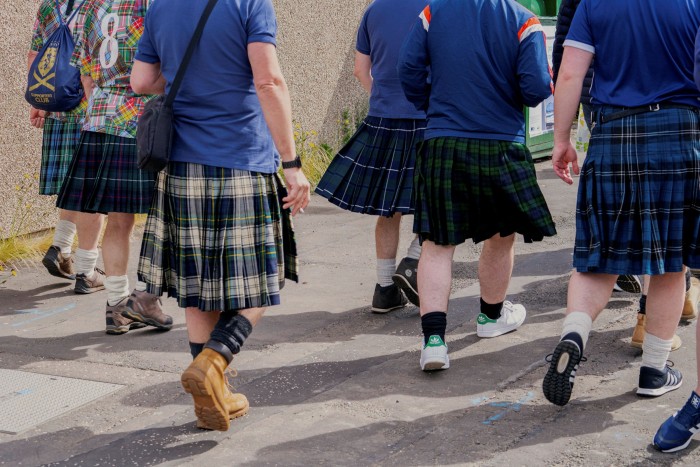
The anthem played for the Scotland side that lined up to play Brazil in 1974 was “God Save the Queen” (although, to be fair, the YouTube recording does not show the Scottish players looking particularly delighted). Today, the crowd and team will be belting out “Flower of Scotland” — with its stirring words that “We can still rise now/And be the nation again”.
When Scotland qualified for the World Cup in 1973, there were more than 90,000 people inside Hampden. But today — thanks to Covid — it’s a little over 9,000. Far from the joyous return to the big time that has been advertised, it feels pretty bleak and lonely up in the stands.
Even if the Tartan Army has been reduced to little more than a couple of battalions, they belt out “Flower of Scotland” loud enough to drown out conversation.
The team start the game with all the expected passion and stream forward. Their captain, Andy Robertson, can be seen gesturing to his players to calm down. Then the Czechs score and the air is sucked out of the stadium.
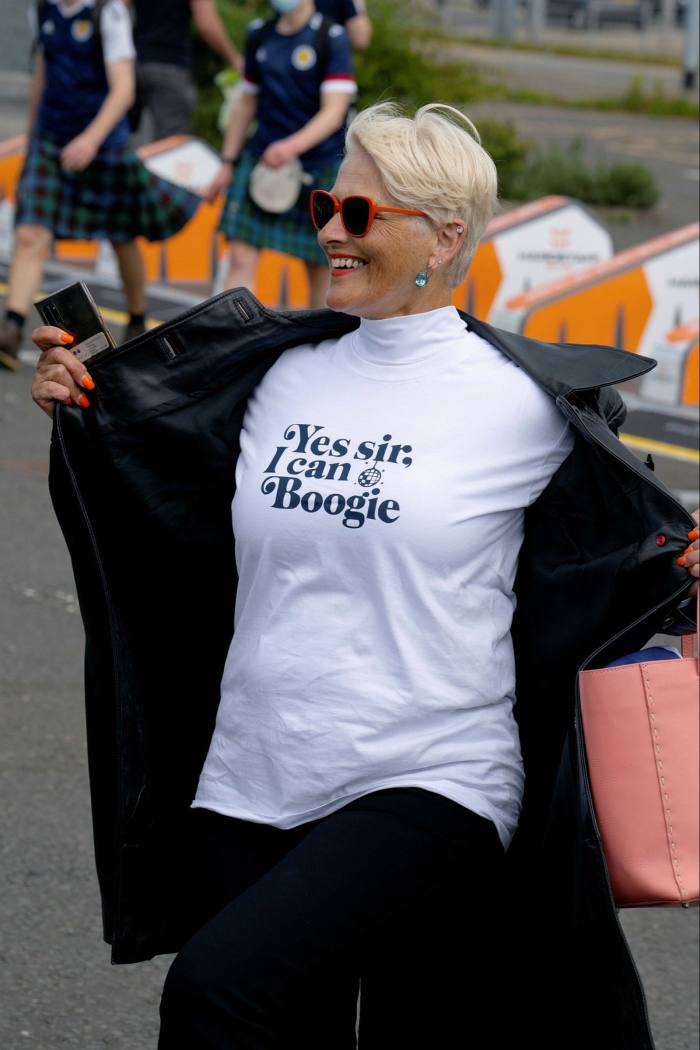
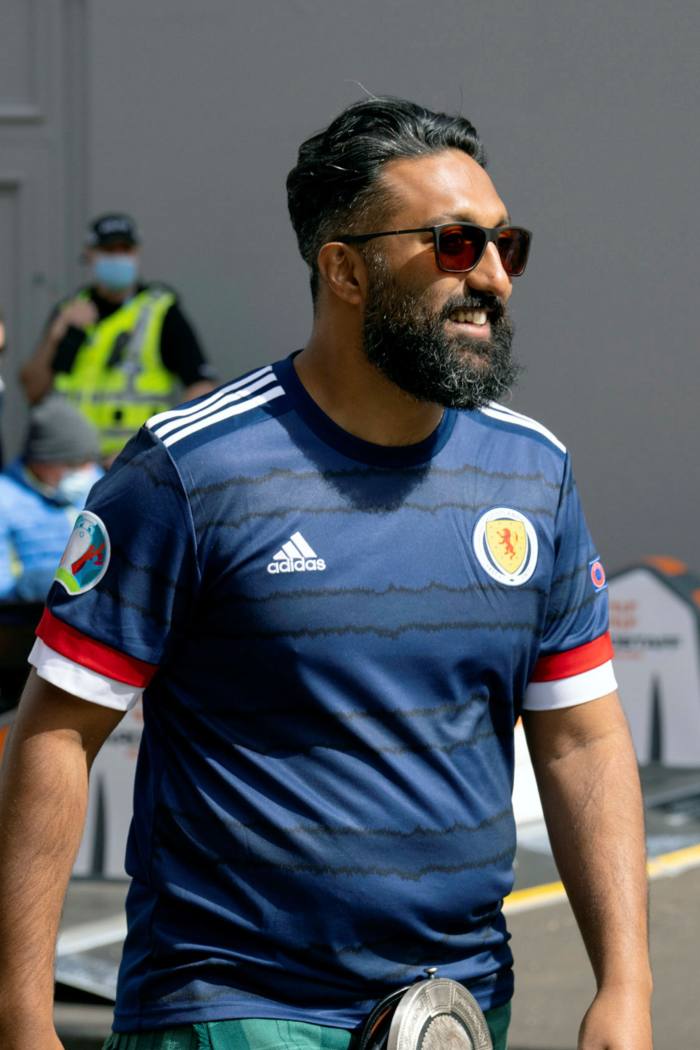
At half time, which I choose to spend in the toilets next to the hand-dryer — the warmest spot in Hampden — there is hopeful chatter around the urinals that Scotland might still be able to turn this round. But early in the second half, football history is made — by the Czechs. Patrik Schick, the team’s centre-forward, gets the ball on the halfway line and floats the ball over the Scottish goalkeeper into the net.
It is one of the most brilliant goals any of us will ever witness. The crowd is now almost totally silent — apart from a tiny group of cheering Czechs on the other side of the stadium, and a group of children near me who continue happily shouting for Scotland, while the adults around them watch frozen in horror.

After the match, Alasdair reminds me that Scottish fans are used to bitter disappointment. Making the national football team a symbol of the nation is a double-edged sword. We imagine them scoring wonderful goals and celebrating with the fans. But what if your goalkeeper ends up floundering flat on his back, tangled up in the net?
Euro 2020 has already delivered humbling setbacks for two football-mad populist leaders. Orban gave permission for a capacity crowd to attend Hungary’s opening games in Budapest against Portugal — only to see the national side lose 3-0. Recep Tayyip Erdogan, president of Turkey, travelled to Azerbaijan and sat in a place of honour in the stands, next to the Azeri president — from where he was able to see Turkey go down to a 2-0 defeat against Wales.
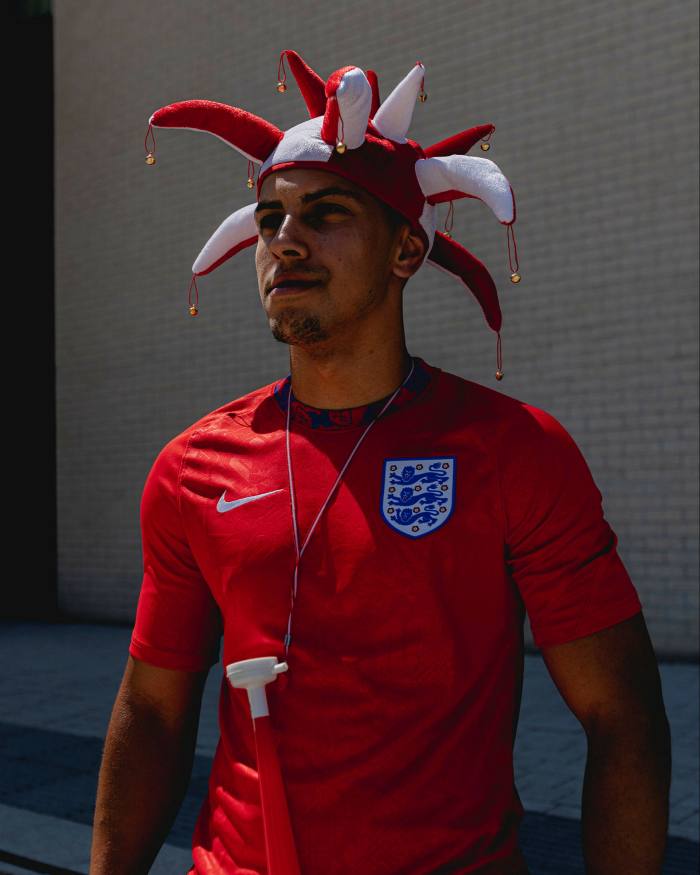
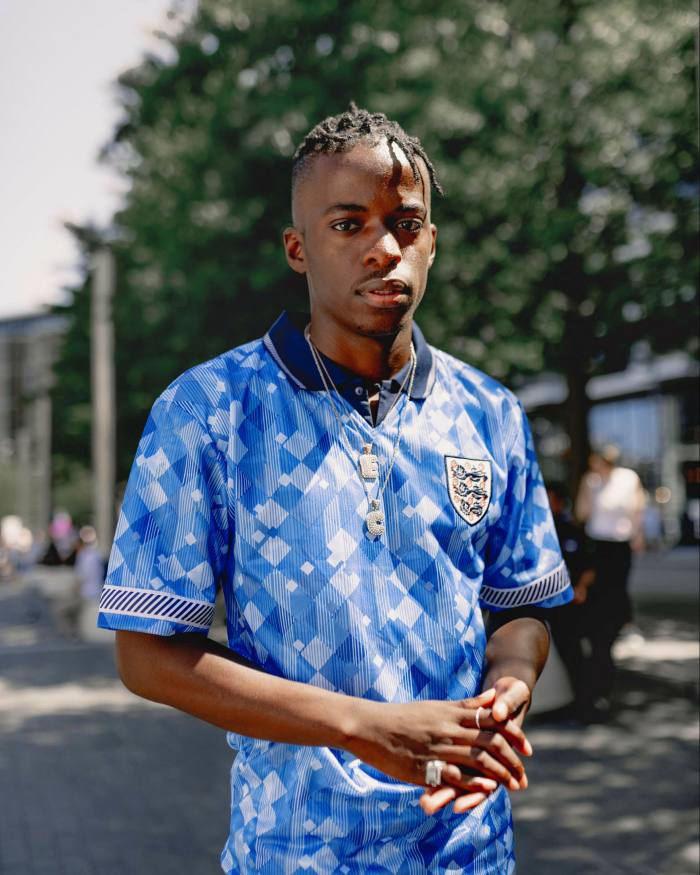
The England team — to which my attention now turns — also have a habit of disappointing their most ardent fans. The side are often portrayed as the embodiment of what we like to believe are national characteristics: courage, calmness under pressure. In fact, as a recent piece by Jonathan Liew in the Guardian pointed out, England are uniquely bad at holding a lead in a tournament. The numbers seem to suggest they might even be “bottlers” — and that, oh heresy, the French and Italians are much better at holding their nerve when they take a lead.
If Gareth Southgate, the England manager, can somehow break this cycle and turn England into a winning outfit, he will inadvertently provide a huge boost to a Johnson government that is desperate for symbols of the success of Brexit Britain. But Southgate has subtly but unmistakably positioned himself to the left of the government on taking the knee. He leads a multiracial team and has eloquently defended their right to make statements on subjects other than football.
It has become accepted wisdom in Britain that “culture wars” always work better for the right than the left. But football may be an exception. A poll taken across Europe before Euro 2020 showed 54 per cent of English football fans supported taking the knee, with 39 per cent opposed.

If the England team keep winning, the number in favour may rise, along with the team’s popularity. For once the right may find itself on the wrong end of a culture war.
For the duration of Euro 2020, I will care much less about who wins the culture wars than who wins the tournament. For Scotland, Euro 2020 began with a deflating defeat. The England team disappoint their fans almost as reliably as the Scots — just slightly later in the day.
On the other hand, this is a weird tournament. It’s taking place in the middle of a pandemic; the stadiums are a quarter full and England are playing half decently. I am allowing myself to hope for the weirdest outcome of the lot — an England victory.

Gideon Rachman is the FT’s chief foreign affairs commentator
Data visualisation by Keith Fray
Follow @FTLifeArts on Twitter to find out about our latest stories first
In-depth on Euro 2020
Euro 2020 finally kicks off, a year late and buffeted by the virus

Organisers have work cut out to ensure football tournament passes off without major Covid outbreak
England’s blend of youth and experience raises national hopes

But Gareth Southgate’s Euros squad will have to beat some of the best national teams in the world if they are to succeed



